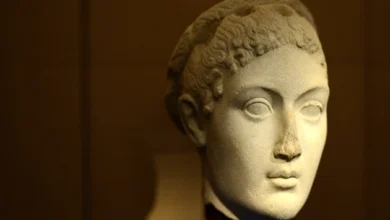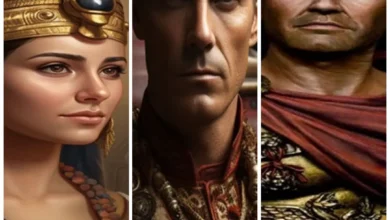Why did the ancient Egyptians worship cats?
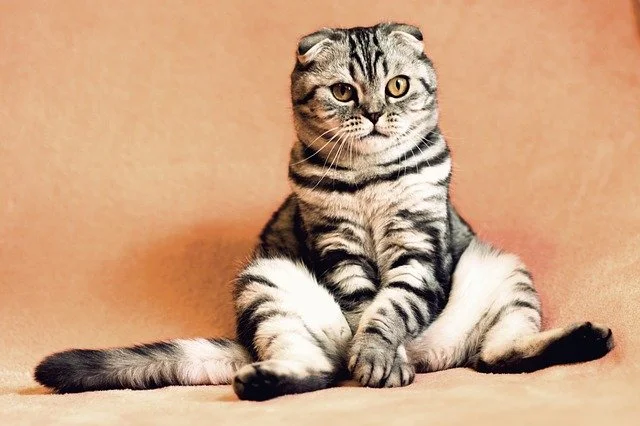
Throughout the history of humankind, different cultures have been characterized by the worship of different animals. In India, for example, it was a cow; in Thailand – an elephant; in Nepal – a dog. In ancient Egypt, no other animal was as revered as the cat.
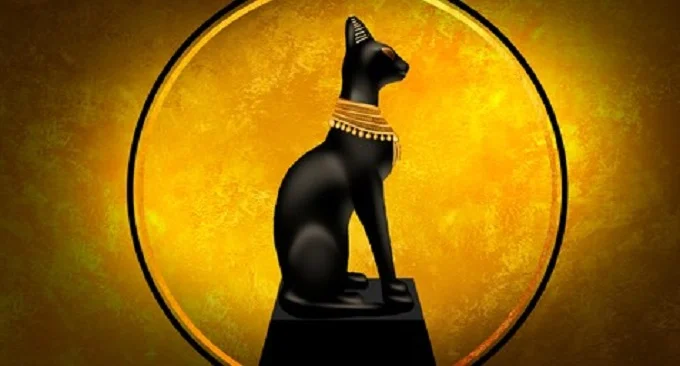
The ancient Egyptians respected the many creatures that shared space with them. Nonetheless, in particular, cats held a special place in the homes and hearts of many from this ancient region. Although they worshipped several other creatures, they loved cats most of all.
The Egyptians loved cats so much that they often put the safety of their cats above their own. For example, when there was a fire in the house, the Egyptians would rescue their cats first and then return for their other personal belongings.
When their pet cat died, the family would shave their eyebrows in mourning and continue mourning until the eyebrows grew back. One might pause and ask, why did the ancient Egyptians love their cats so much? The ancient Egyptians valued their cats for two main reasons: First, because they protected agriculture from being eaten by rodents, and second because they were deeply rooted in their faith and belief systems.
Cats have first domesticated in Egypt about 10,000 years ago after a few cats wandered into agricultural farms. Ancient Egyptian societies were largely agricultural and faced many challenges in protecting their produce from pests such as mice, rats and snakes. While the food was not found in abundance and what was stored was attacked by rodents, cats played a crucial role in food security.
The ancient Egyptians learned early on that wild cats saved their crops by eating rodents. Soon many households began leaving food for the cats to entice them to visit their homes more regularly.
At some point, almost all Egyptian households had cats to help keep rodents and other threats at bay. This relationship was seen as a symbiotic or reciprocal relationship in which both cats and Egyptians benefited. Cats enjoyed living with humans
On the other hand, the Egyptians got free pest control! Farmers welcomed their presence because they helped keep produce rodent-free. Soon migrating peasants, sailors, and traders (mostly all) were taking domestic cats wherever they went, which is how cats were introduced to numerous places throughout Egypt.
In addition to their appearance, cats were also known to be highly valued from a spiritual point of view. For example, many Egyptians believed that good luck was on its way if a cat appeared in their dreams.
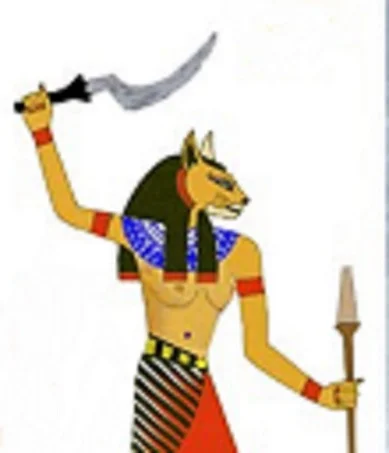
Cats were also associated with many religions in ancient Egyptian times. For example, the goddess Mafdet, who resembles a cheetah, was one of the earliest deities of Egypt. She was revered by those who sought protection from poisonous creatures such as snakes and also because she represented justice.
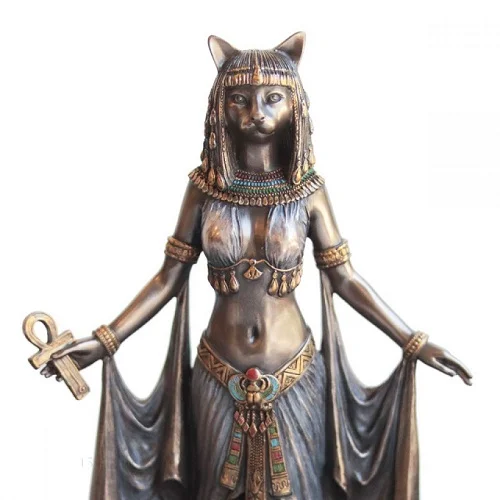
However, most people today know another goddess Bastet, the patroness of cats. Bastet, half cat and half woman, was known as the keeper of houses, protector from evil and disease. She was very popular, and a festival was regularly held in her honour, one of the largest festivals in Egypt. At one time, she removed Mafdet, but they both had an equally large number of Egyptians worshiping them since cats lived in their house.
A special attitude on the part of the Egyptians to cats was also in the matter of death. Interestingly, people mummified their pets, and this type of burial was available only to the pharaohs and their nobles.
Modern people no longer see cats as the great protectors they once were, but the mutually beneficial relationship, once established during the time of the pharaohs, persists to this day. Even their behaviour, which a person considers cute, hints: cats know that they were once idolized.

